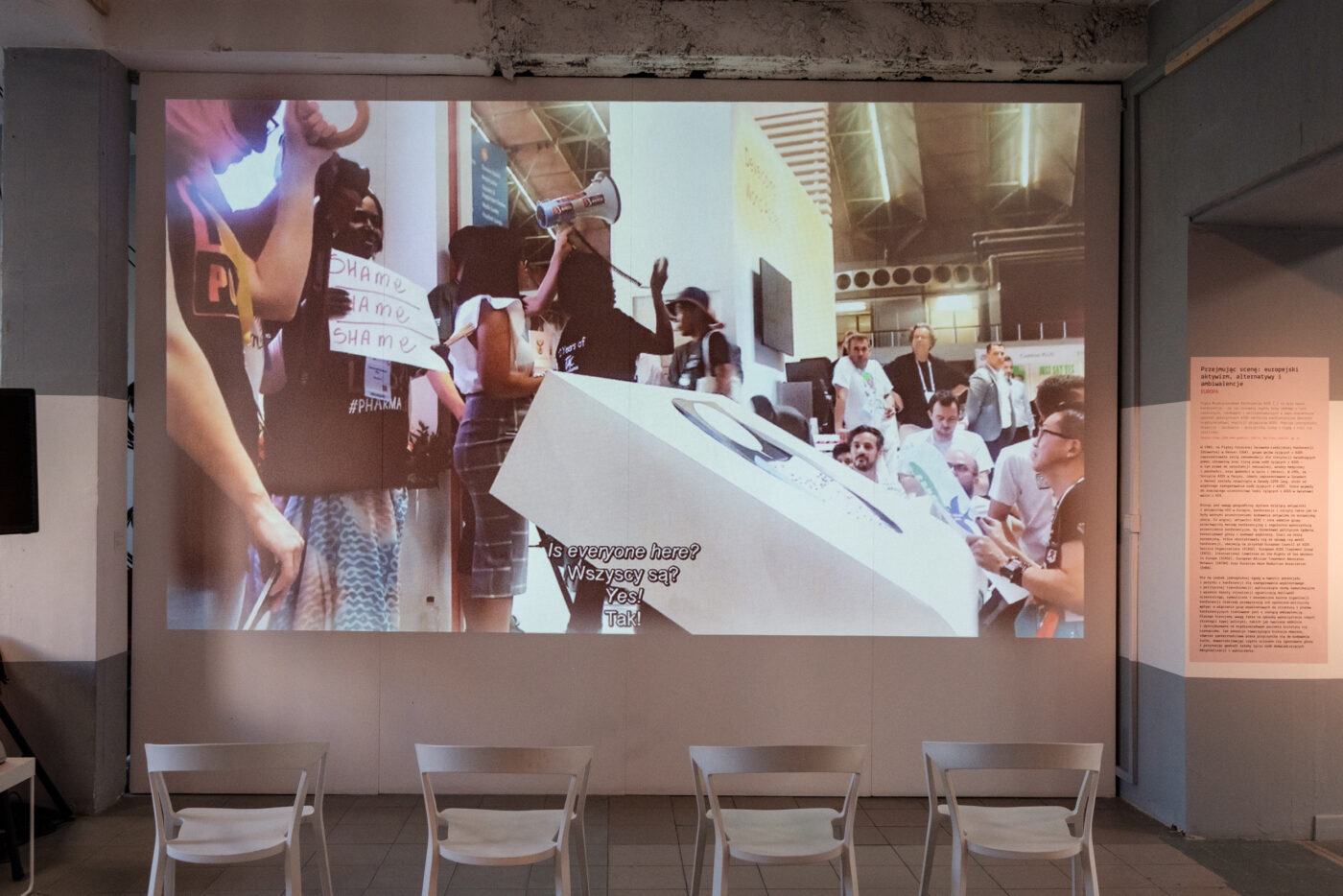Economics of care, care revolutions, food sovereignty, alternatives to capitalism
Announcement
Biennale Warszawa will build its programming for the coming months around the category of care. We are launching several series of meetings and seminars in which we will try to develop new models of support, care, self-organisation and solidarity in the face of the exposed institutional incapacity. Projects including “Economics of the future,” “Plebs, common goods and alternatives to capitalism,” “Edible Warsaw,” “Care revolutions,” and residency activities will be the response to the continued crises in the areas of economy, healthcare, and climate.
Last spring, during the first lockdown, Biennale Warszawa changed almost its entire programme, initiating activities intended as the answer to the challenges of the pandemic. We decided to create a new, two-part series “COVID-19. The World After the Pandemic.” The first part consisted of texts published as a digital journal on our website – our close collaborators analysed current situation and tried to draw political, social and economic scenarios possible in the pandemic. The second part of the series was the residency programme addressed to artists, researchers and activists. Two series of lectures and seminars were reshaped as well. “Plebs, common goods and alternatives to capitalism” morphed into “Plague, plebs and alternatives to capitalism,” while “Economics of the future,” presenting ideas connected to the current of heterodox economics, was devoted to economic and financial consequences of the pandemic. At the time, we were convinced that the important thing is not only maintaining the rhythm of our institution’s activities, but above all an appropriate response to the new situation. We believed that we should at the same time analyse, describe, and comment it, search for ways out and present alternatives, as well as create tools to support persons who lost work opportunities as a result of the sudden crisis.
Our initial optimism and faith in the possibility of controlling the pandemic has long since faded. A sharp increase in the number of infections and deaths, partial collapse of the healthcare system, problems with vaccine distribution, as well as long months of isolation, and the resulting fatigue, dejection and depression engage us today in the debate about protecting health and life, about caring for the sick and people in need, as well as social reproduction. So, we decided to devote the coming months to such questions as the economics of care and a different valuation of care work; the crisis of social reproduction and alternative forms of its organisation, including various grass-roots care initiatives; food solidarity during the pandemic in the context of climate change; and common goods.
We will continue the series “Economics of the future”, supplementing it with an anthropological appendix which, as curator Przemysław Wielgosz explains, is a kind of tribute to one of the most interesting and boldest social thinkers of the last decades: “we will follow in the footsteps of propositions and explorations of the late David Graeber, conducting a Graeberian analysis of debt, bullshit and undervalued jobs, baseline communism and anthropological theory of value.” We will also return to the series “Plebs, common goods and alternatives to capitalism” whose curators, Katarzyna Czeczot, Łukasz Moll and Michał Pospiszyl, alongside their guests, will concentrate on rifts in the social order which both in terms of time and space break out the capitalist reality: common goods, margins and popular enlightmenment as places to create new communalities. We are introducing “Care revolutions,” a series of lectures and debates problematizing the issue of commodification and privatization of care, both in relation to the pandemic, and in the broader context of the neoliberal crisis of social reproduction, ongoing for decades. It will be curated by Michalina Augusiak, Kinga Kurysia and Ida Ślęzak. We are launching the programme “Towards solidary nutrition. Warsaw 2030+”. Together with Agro-Perma Lab Foundation and the National Centre for Climate Change, we will also be looking at the changing nutritional habits in the pandemic, and discuss possibilities to restructure the global food system, alternative models of agriculture and supply chains. We will also continue to develop those among residency activities which directly raised the issues of care and common good. Monika Drożyńska prepares work devoted to care, Magda Mosiewicz will work on the topic of housing cooperatives, Małgorzata Owczarska will study the relationship between water and humans in the context of the climate crisis, and Tytus Szabelski will explore the question of exploitation on the example of one of the biggest global companies.
We assume that it will not be possible to return to our usual activities in our venue on Marszałkowska any time soon, so all planned activities will be organised online. If it becomes possible, we will move on to the hybrid mode. We still hope that in May and June we will be able to go back to offline activities.
